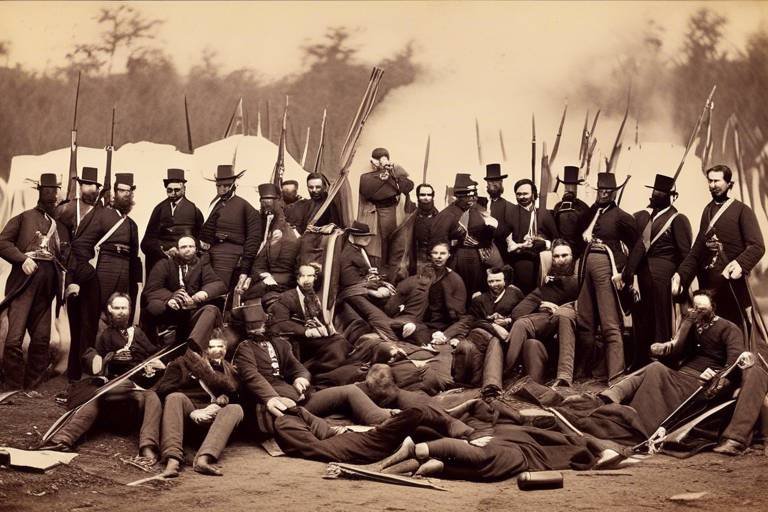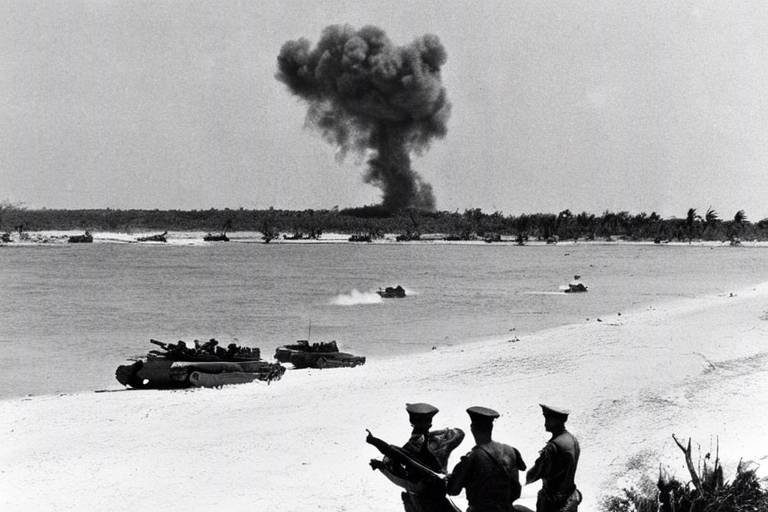The Causes and Consequences of the Napoleonic Wars
The Napoleonic Wars, spanning from 1803 to 1815, were a series of conflicts that reshaped the political landscape of Europe and beyond. The causes of these wars were deeply rooted in territorial ambitions, power struggles, and ideological differences among European nations. As Napoleon Bonaparte rose to power with his military prowess and political cunning, he became a dominant force, setting the stage for the tumultuous period that followed.
Key battles and campaigns, such as the Battle of Austerlitz, the Battle of Trafalgar, and the decisive Battle of Waterloo, showcased the intensity and scope of the Napoleonic Wars. These conflicts not only altered the map of Europe but also had profound effects on the societies of the time, leading to social upheaval, economic repercussions, and cultural transformations.
The political changes brought about by the Napoleonic Wars were monumental, leading to significant shifts in alliances, the rise and fall of empires, and the restructuring of power dynamics. The legacy of these wars endured long after their conclusion, shaping European politics, borders, and society, and influencing the course of world history and international relations.
Moreover, the Napoleonic Wars spurred technological innovations in warfare, revolutionizing military tactics, weaponry, and logistics. These advancements had a lasting impact on modern military strategy, influencing the development of warfare for years to come.
Historiographical debates and interpretations surrounding the Napoleonic Wars continue to shed light on the complexity and significance of this transformative period in European history. The differing perspectives and analyses offer valuable insights into the causes, consequences, and enduring legacy of these pivotal conflicts.
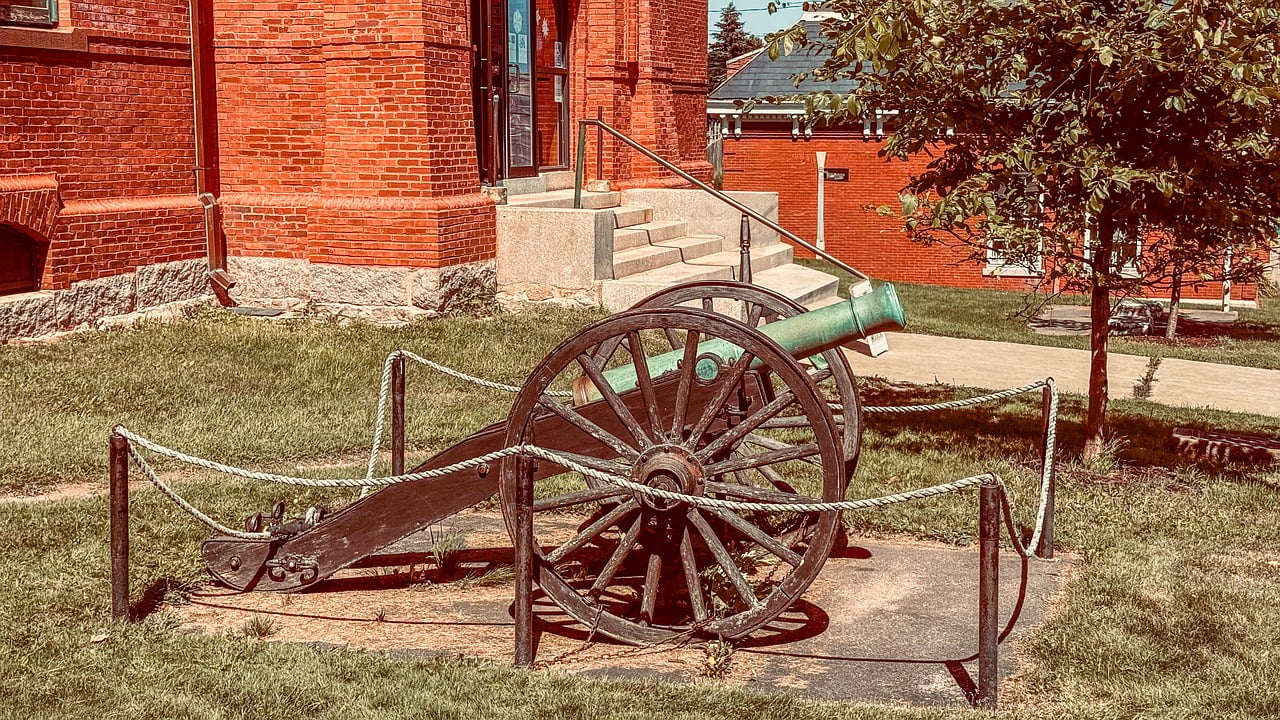
Root Causes of the Napoleonic Wars
The Napoleonic Wars were fueled by a complex web of factors that ultimately ignited widespread conflict across Europe. At the heart of these hostilities were territorial ambitions, as powerful nations vied for control over key regions and resources. The relentless pursuit of expansion and dominance by countries like France, Britain, and Russia created a volatile environment where tensions simmered just beneath the surface, waiting to erupt into full-blown war.
Moreover, the Napoleonic Wars were driven by intense power struggles among European nations, each seeking to assert its influence and authority on the continent. The quest for supremacy led to alliances being forged and broken, shifting loyalties, and a constant state of flux as countries jockeyed for position and advantage.
Additionally, ideological differences played a significant role in fueling the Napoleonic Wars. The clash of political beliefs, from the revolutionary fervor of France to the conservative monarchies of Austria and Prussia, created deep divisions that could not be easily reconciled. These conflicting ideologies not only shaped the course of the conflicts but also fueled the fervor and determination of those involved.
When examining the root causes of the Napoleonic Wars, it becomes clear that a potent mix of territorial ambitions, power struggles, and ideological differences set the stage for a series of conflicts that would forever alter the course of European history. The seeds of discord sown during this turbulent period would bear fruit in the form of widespread devastation and far-reaching consequences that reverberated across the continent and beyond.
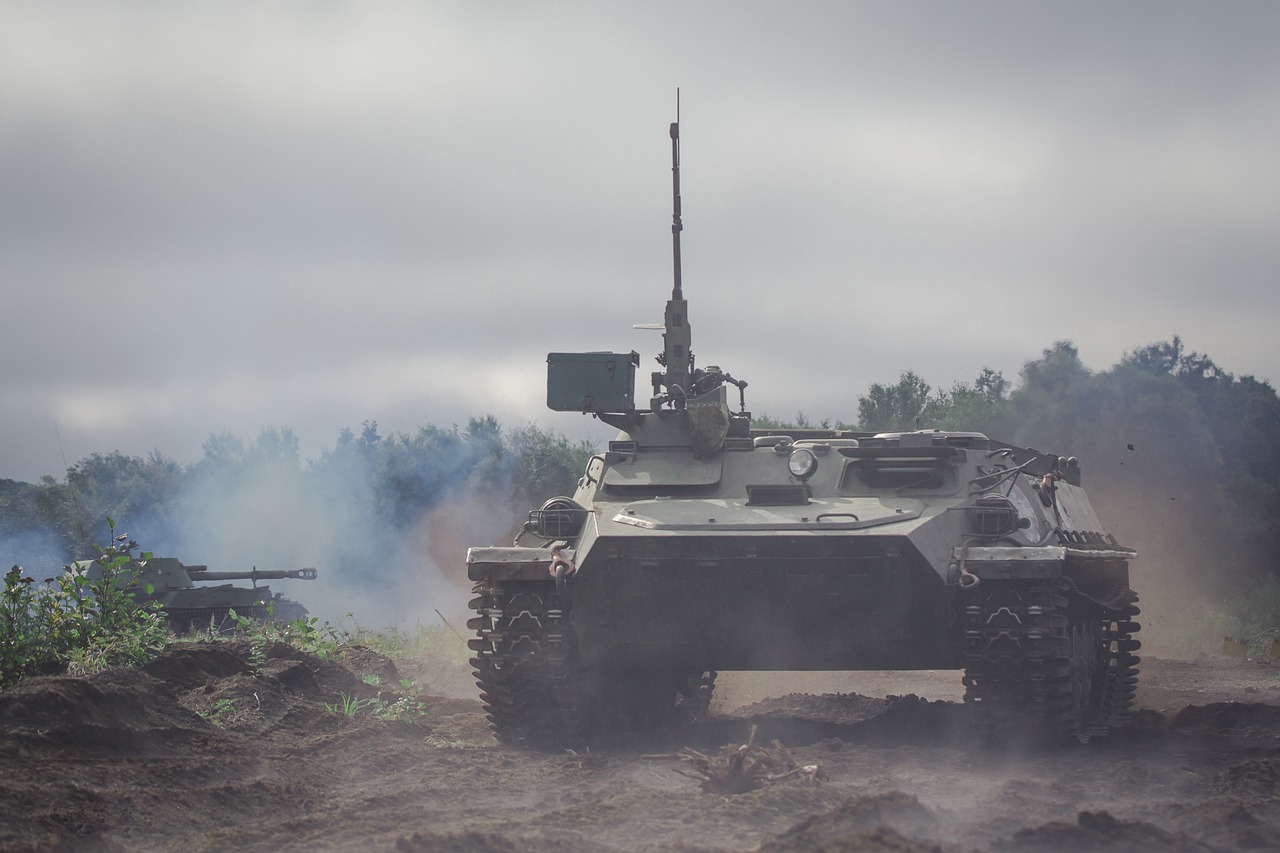
Napoleon Bonaparte's Rise to Power
Napoleon Bonaparte's rise to power was a remarkable journey marked by ambition, military prowess, and political cunning. Born in Corsica in 1769, Napoleon quickly rose through the ranks of the French military during the tumultuous years of the French Revolution. His strategic brilliance and charisma caught the attention of influential figures, propelling him to positions of power and authority.
As Napoleon's star continued to rise, he seized the opportunity to consolidate his power through a series of bold military campaigns across Europe. His victories at battles such as Marengo and Austerlitz solidified his reputation as a military genius and allowed him to expand the borders of the French Empire.
Simultaneously, Napoleon skillfully navigated the complex political landscape of post-revolutionary France, leveraging his military successes to establish himself as First Consul in 1799 and later Emperor in 1804. Through astute diplomacy and strategic alliances, he cemented his control over France and exerted influence over neighboring countries.
One of the key factors in Napoleon's rise to power was his ability to inspire loyalty and devotion among his troops and the French populace. His charisma and dynamic leadership style captivated those around him, earning him the unwavering support of his followers and enabling him to implement sweeping reforms and centralize authority.
Moreover, Napoleon's ambitious vision for France as a dominant European power drove his relentless pursuit of expansion and conquest. His military campaigns, such as the famous Battle of Austerlitz in 1805, showcased his strategic brilliance and solidified his reputation as a formidable military commander.
In essence, Napoleon Bonaparte's rise to power was a complex interplay of military conquests, political maneuvering, and charismatic leadership. His ability to seize opportunities, overcome obstacles, and inspire loyalty allowed him to ascend to the pinnacle of power in France and shape the course of European history for years to come.

Key Battles and Campaigns
During the Napoleonic Wars, several key battles and campaigns played crucial roles in shaping the outcome of the conflicts and influencing the course of European history. One of the most significant battles was the Battle of Austerlitz, also known as the Battle of the Three Emperors, where Napoleon's strategic genius was on full display. This decisive victory over the combined forces of Russia and Austria solidified Napoleon's power and expanded the French Empire's reach.
Another pivotal engagement was the Battle of Trafalgar, a naval conflict that took place off the coast of Spain. This battle, fought between the British Royal Navy and the combined French and Spanish fleets, resulted in a resounding victory for the British under Admiral Nelson. The defeat of the Franco-Spanish forces ensured British naval supremacy and thwarted Napoleon's ambitions of invading Britain.
The Battle of Waterloo stands out as the final showdown of the Napoleonic Wars, where Napoleon faced a coalition of European powers led by the Duke of Wellington and Gebhard Leberecht von Blücher. This battle, fought in present-day Belgium, marked the end of Napoleon's rule and the beginning of a new era in European politics.
These key battles and campaigns exemplify the intensity and significance of the Napoleonic Wars, showcasing the military prowess, strategic maneuvering, and political ramifications that defined this turbulent period in European history.
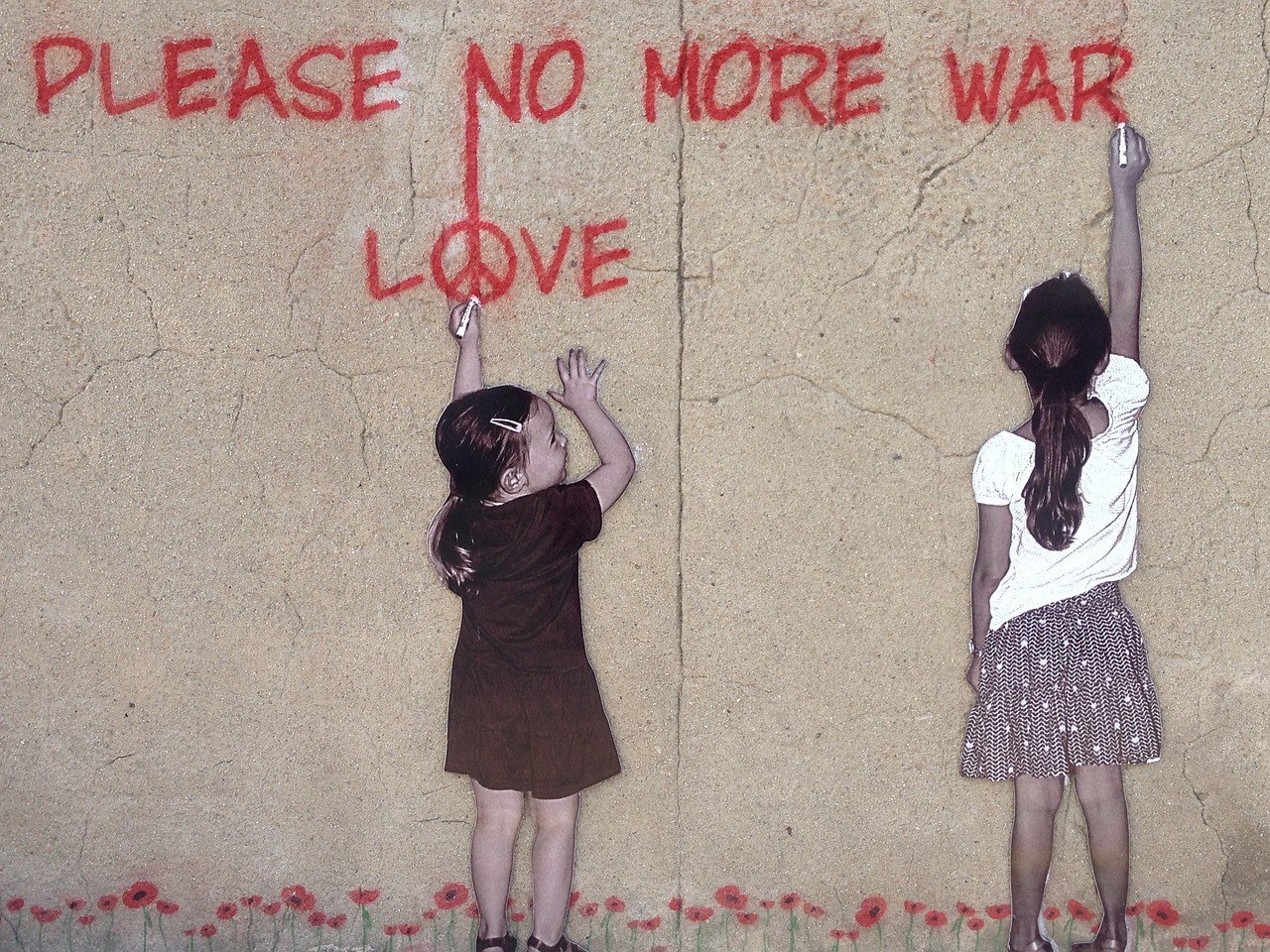
Impact on European Societies
The Napoleonic Wars had a profound impact on European societies, triggering widespread social upheaval and economic turmoil across the continent. The relentless military campaigns and political instability brought about by the wars disrupted the lives of ordinary citizens, leading to widespread suffering and displacement. As armies marched across Europe, pillaging and requisitioning resources, civilians bore the brunt of the conflict, facing food shortages, inflation, and the breakdown of traditional social structures.
Moreover, the Napoleonic Wars accelerated the spread of nationalist sentiments and revolutionary ideas, fueling discontent among populations and challenging the established order. The concept of national identity gained momentum as people rallied behind their respective nations in the struggle against foreign powers, laying the groundwork for future nationalist movements and the reshaping of political boundaries.
The economic repercussions of the Napoleonic Wars were equally significant, as the relentless demands of warfare strained the economies of European states to the breaking point. Governments resorted to heavy taxation, borrowing, and inflation to finance their military campaigns, leading to economic instability and social unrest. The war-induced economic dislocation transformed traditional industries and trade patterns, paving the way for the emergence of new economic systems and practices.
Culturally, the Napoleonic Wars brought about a shift in societal values and norms, as the experience of war and upheaval reshaped the collective consciousness of European societies. The glorification of military prowess and national heroism became prevalent, influencing art, literature, and popular culture of the time. The wars also fostered a sense of solidarity and resilience among communities, as people banded together to overcome the challenges posed by the conflict and its aftermath.

Political Changes and Alliances
During the Napoleonic Wars, Europe witnessed a tumultuous period of political upheaval and shifting alliances that reshaped the continent's power dynamics. The rise of Napoleon Bonaparte as Emperor of the French brought about significant changes in the political landscape, as he sought to establish French hegemony over Europe through military conquest and strategic alliances.
One of the key political changes during this time was the formation of the Confederation of the Rhine, a coalition of German states that allied with France against their common enemies. This alliance system not only bolstered Napoleon's military strength but also weakened the traditional power structures in Europe, leading to the decline of the Holy Roman Empire and the emergence of new political entities.
Furthermore, the Napoleonic Wars saw the rise and fall of several major empires, such as the Austro-Hungarian Empire, the Russian Empire, and the Ottoman Empire. These geopolitical shifts had far-reaching consequences for the balance of power in Europe and set the stage for the Congress of Vienna, where European leaders sought to restore stability and redraw the political map of the continent.
Amidst these political changes, alliances between nations were constantly shifting as countries sought to secure their interests and protect their sovereignty. The formation of coalitions such as the Third Coalition and the Fourth Coalition against Napoleon's forces exemplified the complex web of alliances and rivalries that characterized the era.
Ultimately, the Napoleonic Wars transformed the political landscape of Europe, ushering in a new era of diplomacy, territorial realignment, and power struggles that would shape the course of European history for decades to come.

Legacy of the Napoleonic Wars
The legacy of the Napoleonic Wars continues to reverberate throughout European history, leaving an indelible mark on the political landscape of the continent. The aftermath of these conflicts reshaped borders, redrew alliances, and fundamentally altered the balance of power in Europe. The repercussions of Napoleon's ambitions and military campaigns were far-reaching, leading to a period of profound transformation that extended well beyond the early 19th century.
One of the most enduring legacies of the Napoleonic Wars was the dismantling of the old European order, characterized by the dominance of monarchies and traditional power structures. The wars paved the way for the rise of nationalism and the spread of revolutionary ideals, challenging the established norms of governance and paving the way for the emergence of new political ideologies.
Furthermore, the Napoleonic Wars played a pivotal role in the redrawing of national boundaries and the reconfiguration of territories across Europe. The Congress of Vienna, held in the aftermath of Napoleon's defeat, sought to restore stability to the continent by establishing a new framework for international relations. However, the legacy of the Napoleonic Wars ensured that the political landscape of Europe would never be the same again.
In addition to the political repercussions, the Napoleonic Wars also had a profound impact on European society and culture. The conflicts brought about significant social upheaval, economic dislocation, and cultural exchange, leading to a period of rapid change and transformation. The legacy of the Napoleonic Wars can be seen in the enduring influence of French culture, the spread of Enlightenment ideals, and the emergence of modern European nationalism.
Moreover, the legacy of the Napoleonic Wars extended beyond Europe, influencing the course of world history and shaping international relations in the years to come. The conflicts served as a catalyst for colonial expansion, global power struggles, and the emergence of new geopolitical alliances, leaving a lasting imprint on the trajectory of global politics.
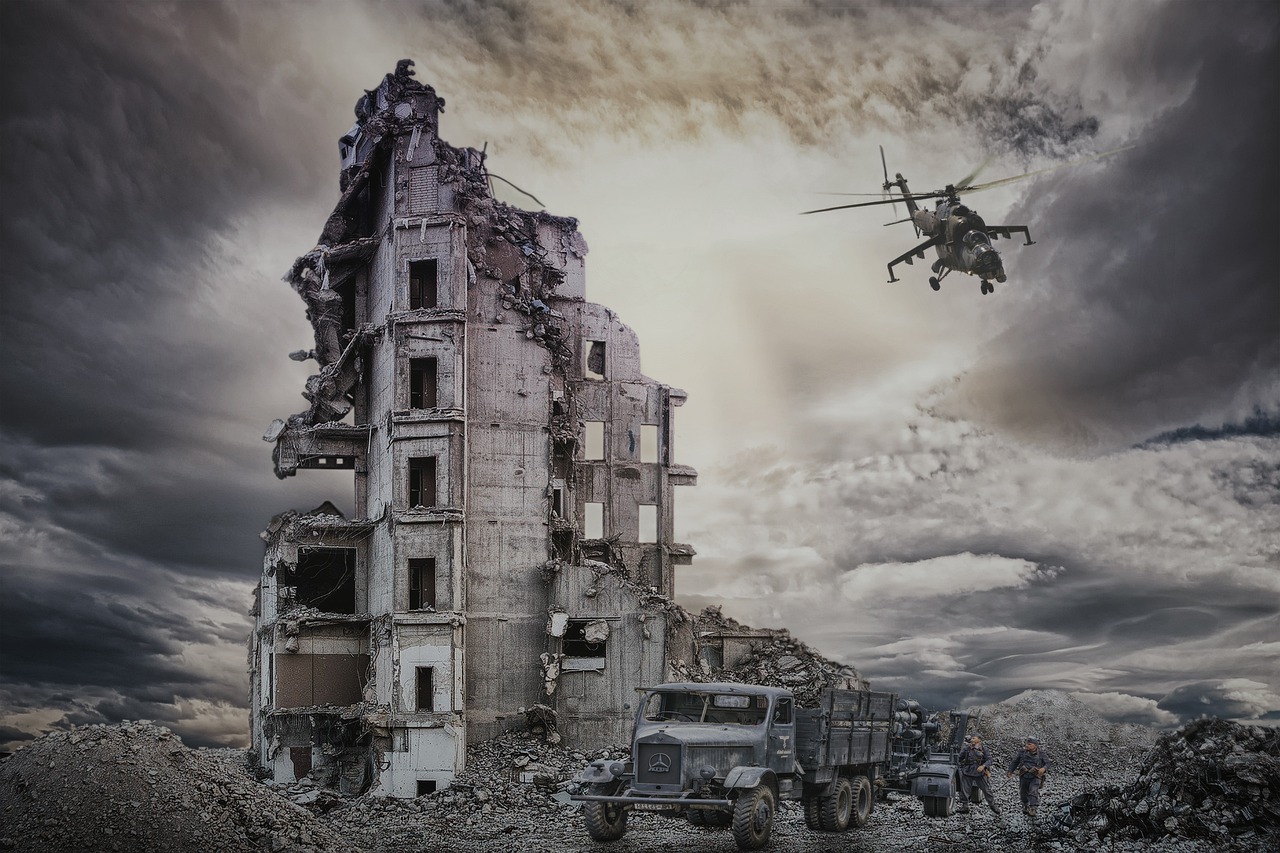
Technological Innovations and Warfare
During the Napoleonic Wars, significant technological innovations revolutionized warfare, shaping the course of military history. One of the key advancements was the widespread adoption of the conscripted army, which allowed for larger and more organized military forces than ever before. This shift in manpower fundamentally altered the scale and intensity of conflicts, leading to more massive and prolonged battles.
Furthermore, the Napoleonic Wars witnessed advancements in artillery technology, with the development of more accurate and powerful cannons. These artillery pieces played a crucial role in shaping the battlefield, allowing armies to engage in long-range bombardments and sieges with greater precision and effectiveness.
Another notable innovation during this period was the use of infantry formations such as squares and columns, which enhanced the maneuverability and coordination of troops on the battlefield. These formations enabled armies to respond more effectively to enemy movements and tactics, leading to more dynamic and strategic engagements.
The Napoleonic Wars also saw significant improvements in logistics and supply chains, essential for sustaining large military campaigns across vast distances. Innovations in transportation, such as the use of railways and improved roads, facilitated the movement of troops, equipment, and provisions, enhancing the mobility and operational capabilities of armies.
Moreover, advancements in communication technologies played a crucial role in coordinating military operations and issuing orders swiftly on the battlefield. The use of semaphore towers, signal flags, and carrier pigeons improved the efficiency of command and control, enabling armies to respond more rapidly to changing circumstances.
Overall, the technological innovations that emerged during the Napoleonic Wars transformed the nature of warfare, paving the way for modern military practices and strategies. These developments not only influenced the outcomes of the conflicts during that era but also had a lasting impact on the evolution of warfare in the centuries that followed.
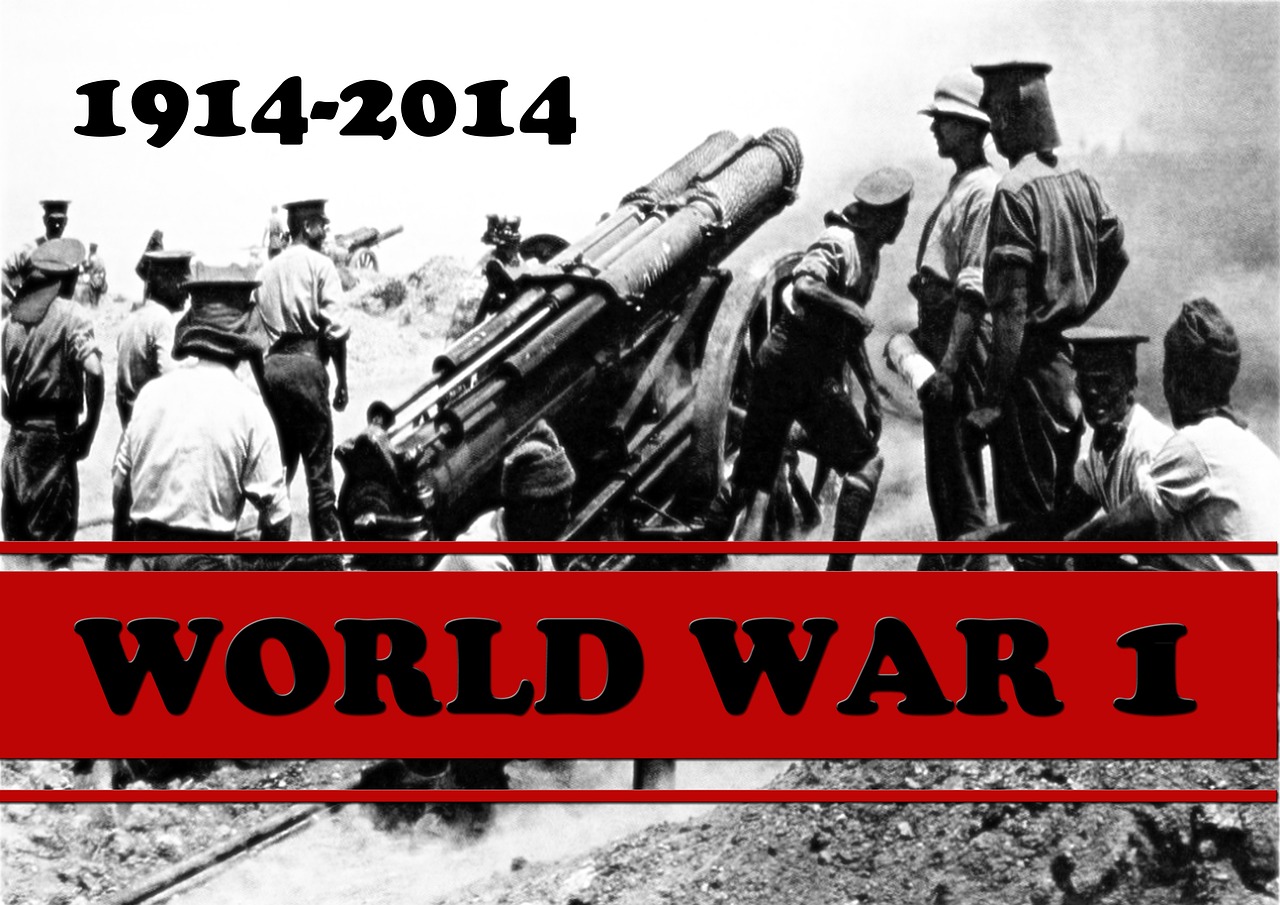
Historiographical Debates and Interpretations
Historiographical debates surrounding the Napoleonic Wars have been a subject of intense scholarly discussion and interpretation. Historians have grappled with various perspectives on the causes, consequences, and significance of this tumultuous period in European history. One key debate revolves around the role of Napoleon Bonaparte himself – was he a visionary leader who sought to unify Europe under a progressive agenda, or a power-hungry dictator driven by personal ambition?
Another contentious issue is the impact of the Napoleonic Wars on the balance of power in Europe. Some scholars argue that the wars fundamentally altered the political landscape of the continent, leading to the decline of traditional empires and the rise of new nation-states. Others contend that the wars merely accelerated pre-existing geopolitical trends and power struggles.
Interpretations of key battles and campaigns during the Napoleonic Wars also vary among historians. While some emphasize the tactical brilliance of Napoleon and his innovative military strategies, others highlight the resilience and determination of his adversaries in ultimately defeating him. The significance of battles like Austerlitz, Trafalgar, and Waterloo continues to be a subject of debate and analysis.
Furthermore, the cultural impact of the Napoleonic Wars has sparked discussions on nationalism, identity, and memory in European societies. The wars brought about a sense of unity and solidarity in some regions, while also fueling nationalist movements and resistance to foreign domination in others. The legacy of this cultural upheaval remains a topic of exploration and interpretation in historical scholarship.
In conclusion, the historiographical debates and interpretations surrounding the Napoleonic Wars offer a rich tapestry of perspectives and insights into one of the most consequential periods in European history. By engaging with these debates, historians continue to uncover new layers of complexity and nuance in understanding the multifaceted nature of this transformative era.
Frequently Asked Questions
- What were the main causes of the Napoleonic Wars?
The Napoleonic Wars were primarily caused by territorial ambitions, power struggles, and ideological differences among European nations. These factors combined to create a volatile political landscape that eventually erupted into conflict.
- How did Napoleon Bonaparte rise to power?
Napoleon Bonaparte rose to power through a combination of military successes, political acumen, and ambitious leadership. His strategic genius on the battlefield and ability to consolidate power enabled him to become a dominant figure in Europe.
- What were some key battles and campaigns during the Napoleonic Wars?
Key battles and campaigns during the Napoleonic Wars included Austerlitz, Trafalgar, and Waterloo. These conflicts were pivotal in shaping the outcome of the wars and highlighting the intensity of the military engagements.
- How did the Napoleonic Wars impact European societies?
The Napoleonic Wars led to significant social upheaval, economic repercussions, and cultural transformations across Europe. These changes reshaped the fabric of society and had lasting effects on the continent.
- What was the legacy of the Napoleonic Wars?
The Napoleonic Wars left a lasting legacy on European politics, borders, and society. The conflicts also had a profound impact on the subsequent course of world history and international relations, shaping the modern world as we know it.








